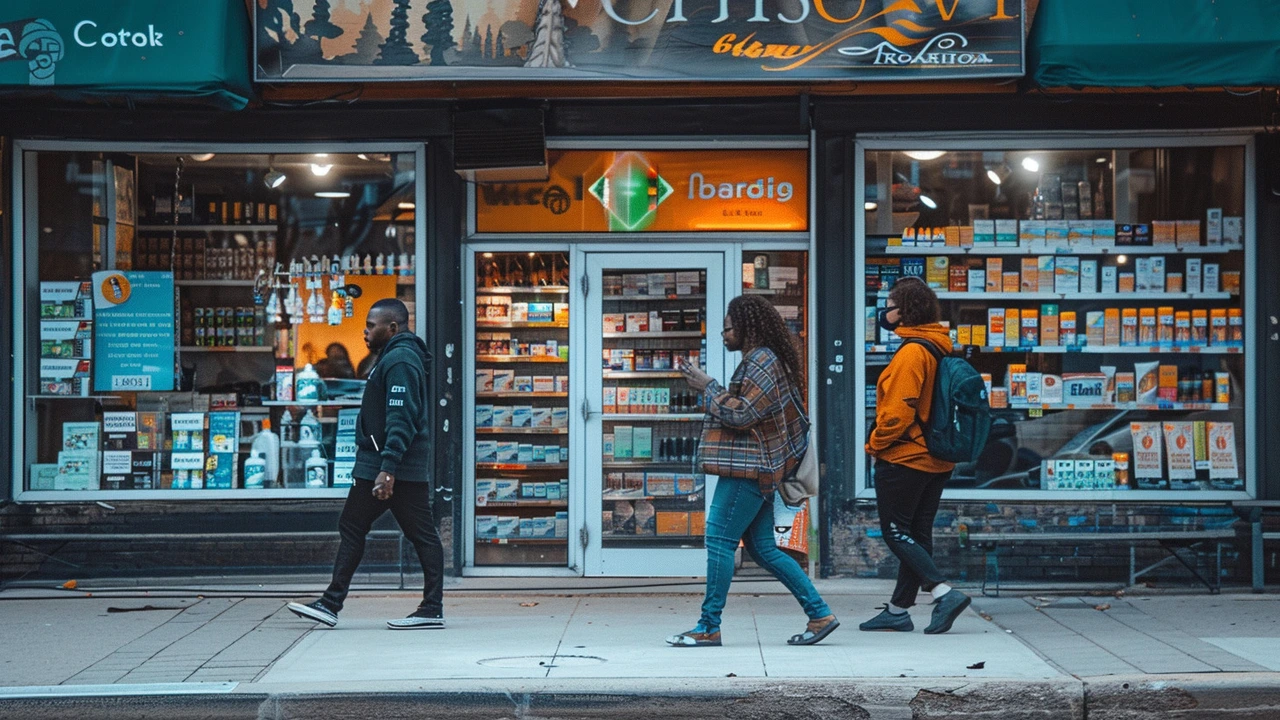Detroit healthcare: Find clinics, pharmacies & fast care
Living in Detroit and need medical help fast? You’ve got options — major hospitals, community clinics, urgent care centers, and growing telehealth services. This guide helps you pick the right place, save on prescriptions, and avoid common pitfalls when buying meds online.
Where to go for care in Detroit
For serious emergencies, head to a hospital emergency room. For sick-but-not-life-threatening issues (fevers, minor injuries, bad infections), urgent care clinics are faster and cheaper than ERs. Primary care clinics and Federally Qualified Health Centers (FQHCs) are your best bet for ongoing care, chronic disease management, and vaccines. Look for clinics tied to systems like Henry Ford Health, the Detroit Medical Center, or university-affiliated clinics — they often offer specialty referrals and sliding-scale payment options.
If you need mental health, substance-use support, or social services, call the Detroit Health Department or local community centers. They often run free or low-cost programs, vaccination drives, and screening events. Before you go, call and ask about hours, walk-in availability, and whether they accept your insurance or offer reduced fees.
Saving on prescriptions and staying safe online
Prescriptions can be a big cost, but you don’t have to overpay. Always ask your provider if a generic will work — generics cut costs dramatically. Compare local pharmacy prices with mail-order plans through your insurer. Mail-order pharmacies can be cheaper for maintenance meds, but make sure the pharmacy is licensed and reputable. The J.D. Power pharmacy studies show more people use mail order for convenience, but safety matters first.
When buying meds online, watch for red flags: websites that don’t require a prescription for prescription-only drugs, no physical address, or wildly low prices that seem too good to be true. Verify pharmacies through state boards or the NABP (National Association of Boards of Pharmacy). If you’re unsure, bring the pharmacy’s info to your local pharmacist or doctor before ordering.
Other practical tips: keep an up-to-date medication list, bring it to every visit, and store meds in their original bottles so pharmacists can verify them easily. Ask about patient assistance programs from drug manufacturers if cost is a barrier. For inhalers, blood thinners, or antivirals, check trusted guides that compare alternatives and side effects so you can have a smarter conversation with your clinician.
DoctorAlexa covers how to buy meds online safely, cost-saving swaps for expensive inhalers, and clear guides for common drugs. Use those articles as a starting point, then call local clinics to confirm hours and services. If you need help finding care in a specific Detroit neighborhood, tell a clinic your ZIP code — they can usually point you to the nearest low-cost option fast.
Healthcare in Detroit isn’t perfect, but with the right steps you can find quality care, protect your prescriptions, and manage costs. Call ahead, compare prices, and ask questions — that’s the quickest way to get better results without surprises.

Wayne State University Evicts Critical Health Services Pharmacy, Impacting Detroit Community
Wayne State University has announced the closure of the University Pharmacy, a key healthcare provider for students, staff, and locals. The pharmacy, known for its extensive health services, received an eviction notice without clear reasoning, sparking concerns over healthcare accessibility on campus and its surroundings.
More Detail